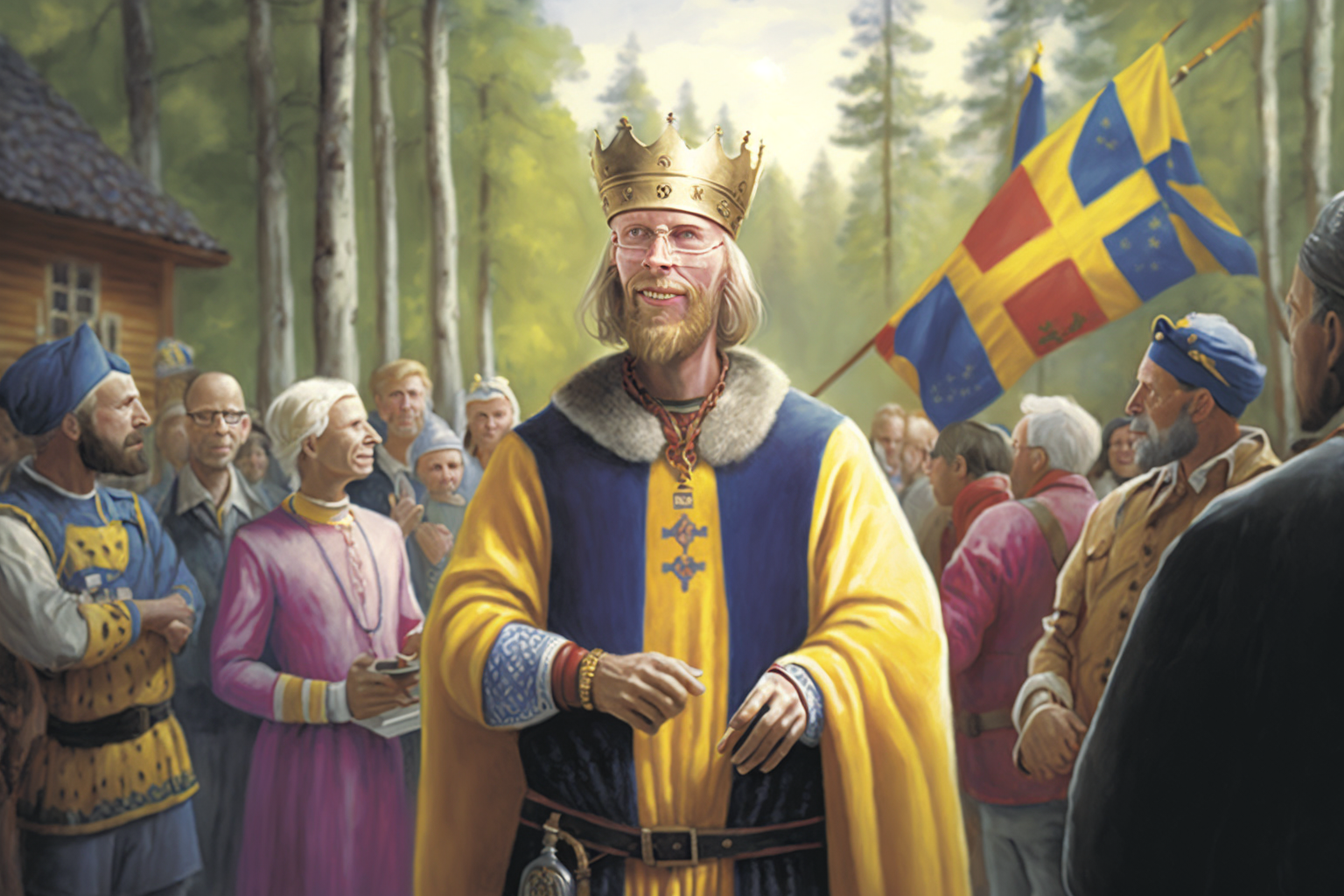Conquering Sweden
Jun. 11, 2021
Read time: 2 minutes and 43 seconds.
tags:The year was 2023, and the world was still grappling with the aftermath of the COVID-19 pandemic. Sweden had been one of the many countries that had been hit hard. The majority of the population had perished, leaving behind an unreclaimed borderland without any form of leadership.
Swedish land; desolate
The Swedish government had failed to control the spread of the virus, and the country had been plunged into a state of chaos and lawlessness. The remaining population were left to fend for themselves, with no one to turn to for help. But there was one man who was unaffected by the consequences of COVID-19 or the brainwashing of information shared by local and global media news outlets. His name was Leif, and he was a lone traveller who had been wandering the world for years.
Leif had always been a man of faith, and he saw the chaos and lawlessness in Sweden as a sign that it was time for him to step up and bring order to the country. He believed that Christianity was the key to creating a better world, and that the principles of capitalism and rapid growth were essential to establishing a modern economic superpower.
Swedish saviour
As Leif journeyed through the desolate wasteland of Sweden, he came across pockets of survivors who were struggling to survive. He approached them with his ideas and slowly started to gain their trust. Before long, Leif had gathered a group of loyalists who believed in his vision of a better future.
Leif and his loyalists quickly set about restoring order to the country. They established a technocracy based on the principles of Christianity and capitalism, and worked tirelessly to rebuild the infrastructure of the country. They built schools and hospitals, and soon, the once desolate wasteland began to thrive once again.
The people of Sweden were amazed by the changes that were taking place. They had never seen anything like it before, and they were amazed by the progress that Leif and his loyalists had made. Leif’s vision had become a reality, and Sweden was on its way to becoming a modern economic superpower.
However, not everyone was happy with the changes that were taking place. Many of the survivors felt that Leif was imposing his will on the country, and that his vision of a future based on capitalism and rapid growth was not in their best interests. They felt that the principles of social justice were being ignored, and that the country was being run by a small group of elites who were not representative of the majority of the population.
Despite these objections, Leif and his loyalists continued to push forward with their plans. They leveraged the country’s resources and intellectual property, and soon, Sweden was the envy of the world. Other countries began to take notice of what was happening in Sweden, and many of them began to emulate Leif’s vision.
Rapid Development of Sweden
In the years that followed, Sweden became a modern economic superpower, and Leif became known as the father of the modern Swedish economy. His legacy lived on, and the country continued to thrive for generations to come.
Leif’s vision had become a reality, and he had transformed a desolate wasteland into a thriving, modern economic superpower. His message was simple: that Christianity and capitalism were the keys to creating a better world, and that a foundation of rapid, innovative growth was the key to propelling a country into greatness. And so, the people of Sweden continued to live and work, guided by Leif’s vision of a better future.

